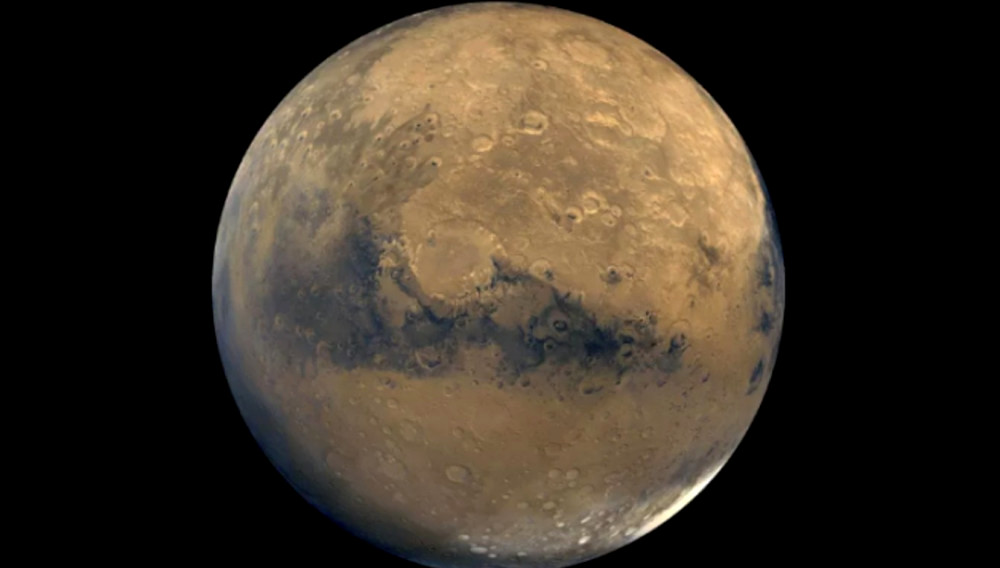The Czech Technical University in Prague, in collaboration with Stellar Nuclear and UJP Prague, is developing an innovative microreactor named Raven, which could serve as an energy source for space missions to Mars and the Moon.
This was reported by Radio Prague International.
The initial prototype of this reactor is expected to be unveiled in the coming years.
“Combining energy sources for propulsion and surface base in a single device represents a significant technological advancement compared to existing solutions from other countries that require separate systems. Raven is compact, reliable, and optimized for long-term autonomous operation in extreme conditions,” stated Martin Ševeček, the project leader from the Czech Technical University.
According to him, this nuclear reactor can operate for many years, making it a unique energy source for prolonged space flights.
“The development of a nuclear microreactor is essential for the progress of colonizing our Solar System,” Ševeček added.
Experts believe that to ensure the reactor's safety while keeping it lightweight, new technologies and materials need to be developed.
The research teams involved in the project are already testing several of these innovations.
Among them are special nuclear fuels capable of withstanding temperatures up to 3000 degrees Celsius, a special metal foam for lightweight yet effective radiation shielding, and innovative heat exchangers that enhance efficiency and reduce the overall weight of the system.
The project also plans to utilize carbon dioxide from the Martian atmosphere as a heat transfer medium for surface applications.



